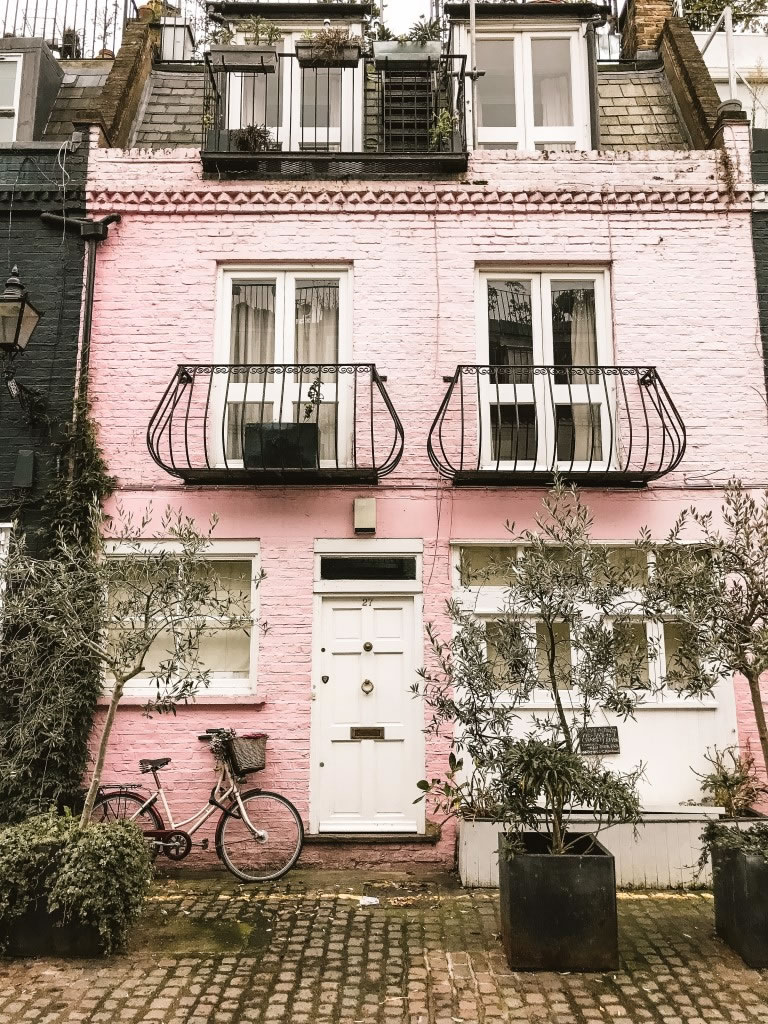
Countries which benefit from high tourist numbers profit from incoming visitors, with economies, jobs and leisure businesses relying on a steady stream of money being spent by holiday makers. However recent news articles have highlighted the negative impact that tourists can have on cities, particularly when it comes to renting property.
As a general rule cities which draw in huge crowds of tourists year round have problems with housing, heightened by the rise of platforms like Airbnb which make it easy for landlords to turn buy to let properties into short term holiday lets, often with a greater return.
Across Europe, Airbnb style holiday lets have been wreaking havoc on local rental markets, with cities like Lisbon suffering prices rises of 21.1% year-on-year in its historic districts such as Alfama – equating to prices going up 50% since 2013. This is having a knock on effect with rents, with locals being ousted from the area, unable to keep up with rocketing prices. The more tourists, the greater the demand for holiday lets and unfortunately this is turning some areas into ghost towns in non-peak seasons as locals abandon their lifelong homes in favour of less touristy areas.
Closer to home cities like Dublin in Ireland have experienced similar rent rises, resulting in average monthly rents hitting almost €1,600, marking an increase of nearly €130 in a year. Because of this the Irish government is suggesting new rules on Airbnb, due to come into effect in June 2019. Ireland’s Department of Housing said: “The purpose of these changes to the planning code is primarily to address the longer-term rental issues arising from the use of properties for short-term letting.
“This is an unregulated activity, it is not home sharing as it is typically understood, and in a time of housing shortage it is unacceptable that rental homes would be withdrawn from the letting market, particularly in our cities and large towns where rents are high and supply is still constrained.”
Cities like Dublin – which are a favourite of stag and hen groups, weekend trippers and families during school breaks – are at threat of a similar fate should new regulations not be put in place. London, which already has a rule that no Airbnb can be used for more than 90 days a year, was the world’s second most visit city according to Mastercard’s annual Global Destination Cities, and as such it’s understandable that landlords look to make a profit on holiday makers.
Now though there are new calls from officials to clamp down on Airbnb and other holiday let sites in order to bring down rents and make conditions better for locals. Kath Lawless, assistant director of planning for Newcastle City Council, agreed that there is “a need nationally to look at this issue”, but that the council is “constrained” by government legislation.
As the private rented sector becomes more and more popular it is crucial that governments protect long-term renters from rent rises resulting from over-tourism. It is likely that cities in the UK will follow in the footsteps of Dublin and that we can expect new rules to be brought into place in the next 12 months.
Are you looking for advice on renting out your home? Get in touch with our team today.




